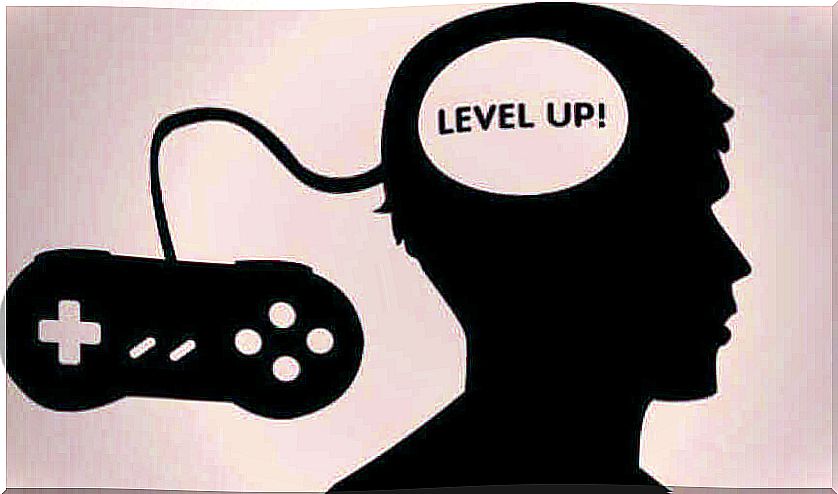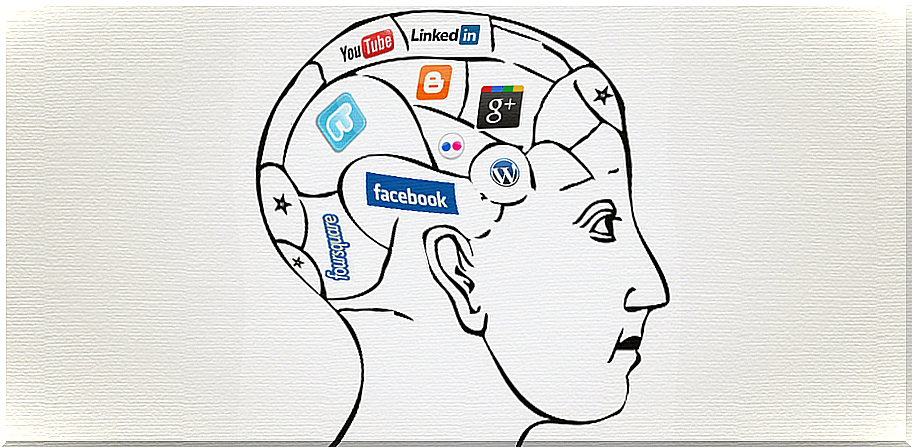New Technologies, Do They Change The Way The Brain Works?

It would be naive to believe that new technologies do not change the way the brain works. In fact, computers and all so-called “smart devices” are, as their name suggests, extensions of various functions of our brain. They are designed precisely to facilitate the work of our superior abilities.
Likewise, the massive way in which we face new technologies has changed our way of thinking when we carry out many activities and, of course, to execute them. Just as homo sapiens sapiens learned to use his hand in new ways and this led to changes in his brain, today we introduce modifications based on how we perform tasks.
So far, there are no studies that show radical changes. These are only small modifications that, in any case, have been introduced quickly. Also in large quantity. Where will this take us? We don’t know yet. What is known is that we have been losing some skills and developing others.

From memory to search: an effect of new technologies
Even before the appearance of new technologies, we used memory much more, because although we had the ability to write, we did not have access to information with the current ease. We helped each other with notes, phone books or tricks to remember data that we needed to have on hand.
With the emergence of new technologies, memory began to lose importance. First, because the volume of data circulating on the network is overwhelming. There is no memory that can withstand exposure to so much information on a continuous basis. So our memory has changed. People select more rigidly the data to be memorized. For the same reason, we no longer have as good a memory as before or at least we do not have as much confidence in it. On average of course, then there are exceptions.
In return, we have been developing more and more capacities to search for information. The first encounters with new technologies caused confusion. Many did not know where to start looking for the answers to the questions that were being asked. That’s a thing for the past. We now have much more skills in searching for data and doing a quick assessment of its validity.
Video games and peripheral vision
There are many sources that affirm that video games are associated with compulsive behaviors. That they contribute little and that can even make people sick. It is also said that they contribute to the person who plays with them lose the notion of reality and that they only manage to alienate us.
While in extreme situations all of this is true, so is the fact that video games can be an interesting practice field for our minds. With them, for example, we can improve the acuity in our visual perception. This basically applies to video games of war.
The visual system has a central focus, which allows you to fix your gaze on something and examine all its details. At the same time, there is another area called “peripheral” that partially captures some details of the environment. Well, with war or combat video games we are forced to have a much broader focus of attention, since enemies can appear from any angle.

Mobile devices and social networks
The use of mobile phones has grown exponentially in less than ten years. Few currently have not made these devices an extension of their bodies. Messages, data and information of all kinds are exchanged from them. From the hour to the last event in a remote corner of the world.
Some scholars of the phenomenon indicate that the brain has changed the way of directing the hand in mobile phone users. This is detected especially in the youngest. The area of the brain that directs the thumbs has been significantly enlarged in response to this new way of using the fingers.

As for social media, there are still many puzzles. No one can deny that they have transformed the way we relate and behave in front of others. This, of course, requires that some functions of the brain be modified. However, so far the real impact of these transformations has not been detected. The way we communicate and socialize is changing and many of the consequences of this change we still cannot even imagine.
Undoubtedly, new technologies have changed our way of being and doing things. Like all the transformations that civilization has introduced, this one seems irreversible. Obviously it involves profit and loss. They represent a new stage in the history of the human brain. What it is, then, is to explore and exploit its potential to the maximum.









